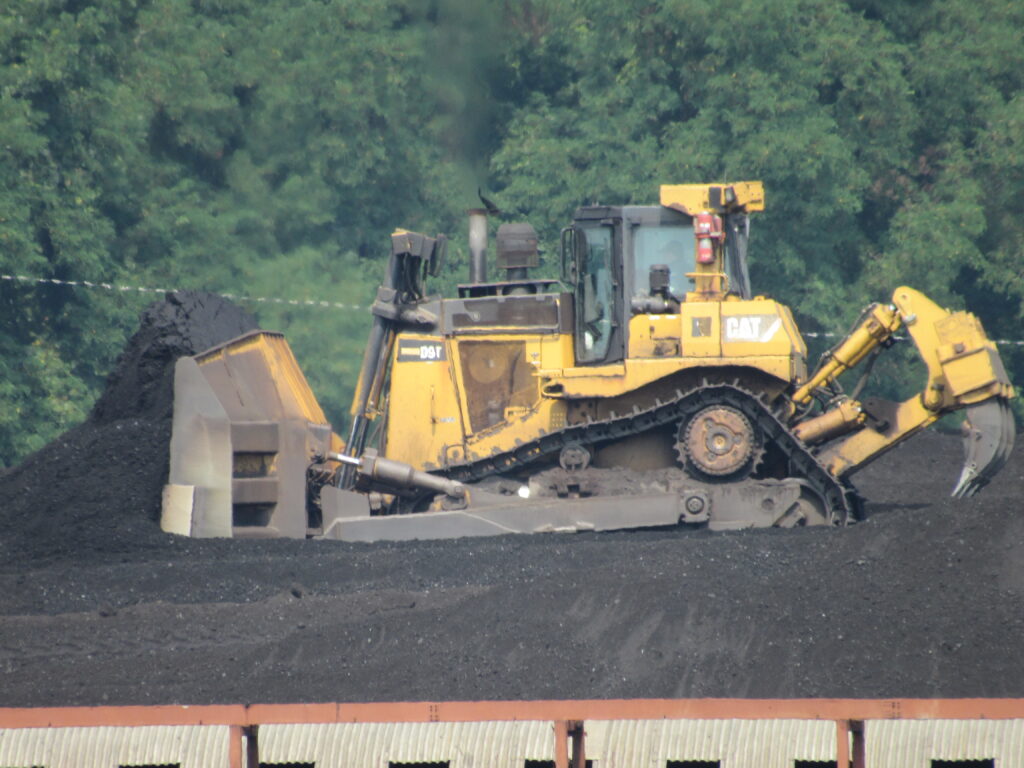An Appalachian Power witness said worker safety drove the company’s decision to operate its coal plants when they couldn’t make money.
The written testimony of Jason Stegall, director of regulatory services for Appalachian Power parent American Electric Power, filed Monday to the West Virginia Public Service Commission, helps explain why the company may have operated the plants in recent months when it was not economically justifiable.
An energy analyst previously testified to the West Virginia Public Service Commission that the three coal plants lost a combined $87 million during the 12 months ending in March.
The analyst, Chelsea Hotaling, testified that Appalachian Power ran the plants when they couldn’t economically compete to reduce excess coal inventories on site.
In testimony filed Monday, Stegall said having too much coal on site threatened worker safety but offered no further details.
However, he did say that the company considers factors other than economics in deciding when to run the coal plants.
Karen Wissing, a spokeswoman for Appalachian Power, said each plant has a limit on space for storing coal as well as the slope and height of the coal pile. Maintaining those limits protects the safety of workers who load and unload coal for the plants, she said.
In a separate case, Appalachian Power is asking the PSC to raise customer rates by 17 percent.
If the PSC approves that request, the average residential electricity customer could see a monthly bill increase of more than $28.
It may be months before that case comes before the commission. Meanwhile, the PSC will hold a hearing on Aug. 12 to consider a request by Appalachian Power to cover its fuel costs.
Hotaling and Stegall have filed written testimony in that case. If approved, it would add about $2 a month for the average electricity user.
The commission last month approved Appalachian Power’s request for additional revenue to pay for environmental compliance upgrades at its three coal plants: Amos, Mountaineer and Mitchell.
West Virginia electricity customers are already paying $448 million the PSC approved in 2021 for those expenses. The wastewater treatment and coal ash disposal projects will keep the plants operating past 2028.
The increase of $2.71 will take effect on Sept. 1. Also next month, Appalachian Power customers will begin paying an additional $2.50 a month for 10 years for fuel costs the company incurred in 2021 and 2022, when the price of coal spiked.
The PSC approved that increase in January, concluding a long and contentious case in which Appalachian Power sought to recover nearly $550 million in fuel costs from West Virginia customers. The PSC ultimately allowed the company to recover $331 million of those costs.
According to federal data, West Virginia’s coal fleet, including the three Appalachian Power plants, produced less electricity last year than in any year since 2001.






















